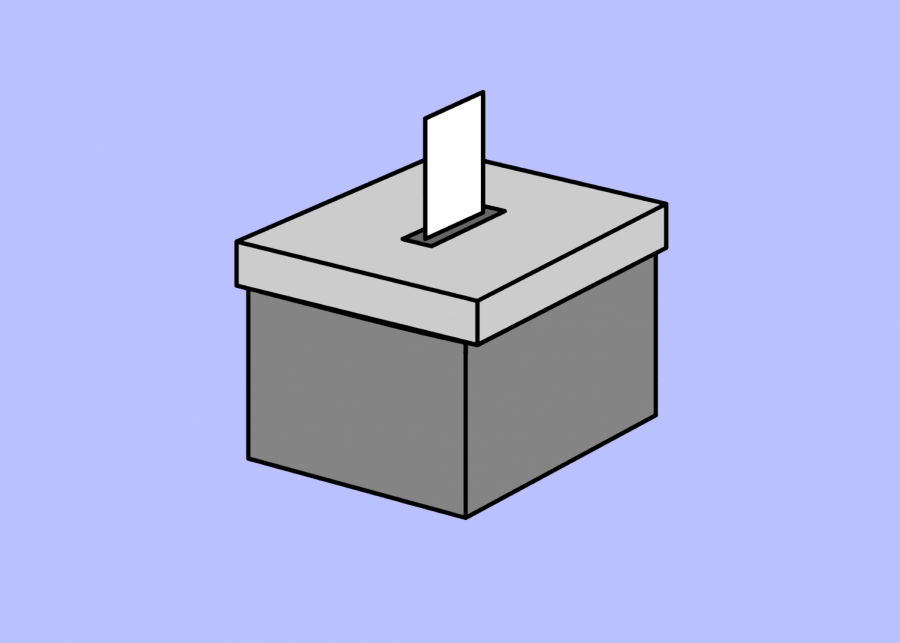What do you care about? This may seem very broad, but give it some thought.
What do you care about? Maybe grades, family, a sports team, working out—it can be anything you’re genuinely passionate about. And whatever it may be, one thing I’m sure of is that voting isn’t close to the top, but that’s not your fault. It’s something you don’t really think about until it’s time for an election and, to some, voting has a bureaucratic personality. But when you really give it some thought, maybe voting should be on your mind more often, even when an election isn’t near.
I believe that today people don’t appreciate the momentous ability we have to vote on how we are ruled. And I specifically say “ruled.” Although we live in a democracy, a democracy is only constructed to constrain and guide the fundamental ruling power of a government through those who receive the governance. And this idea of ‘power to the people’ is relatively new when compared to the greater history of humanity. For centuries, monarchies and theocracies across the globe have dictated the lives of those before us, ranging from Qing China to the Aztecs or 17th century Europe to modern day Iran; authoritarianism has a deep history and even continues in some nations today.
It was only in the 17th and 18th centuries that liberal thought started to take root in European society and cause actual change. Famous philosophical thinkers like John Locke, Montesquieu and Voltaire began to churn out ‘radical’ texts which challenged the traditional view that people are meant to be governed—not to govern. Despite the best efforts of conservative monarchs, the ideals of self governance started to gain momentum and influence populations seeking change. It was only a matter of time before the world started to get the democracy bug.
When oppression of the spreading of ideas wasn’t enough and movements began crowding the streets of European capitals and colonies, they employed their habitual use of military force. It was during this time that brave soldiers from diverse backgrounds of race, creed and gender started to revolt and fight for a change; in France, mobs united to overthrow Louis XVI; in Saint Domingue, enslaved people overthrew plantation owners to form a republic and in the British 13 colonies of North America, colonists were fighting a guerilla war against the most powerful army at the time in the name of democracy. The right to fill out a piece of paper is more than just a piece of paper; it is a recognition of the legacy of those before us who have committed themselves to giving us the opportunity to live in a free world.
Voting should be important to all people. Although today we face an upcoming election with people who have shallow policy proposals and absurd rhetoric, those factors shouldn’t cause Americans to shy away from the election claiming, “Why should I vote, they’re both terrible” or “My vote won’t change anything.” Pick one of them or write in a third candidate; the fact is, it doesn’t matter who you vote for—you have to vote. Voting is a privilege, and to throw that away is not only a slap in the face to the decades of tumult and struggle to give us this right, but it’s arrogant and irresponsible which is the very cause of speculation for the longevity of our republic.






















